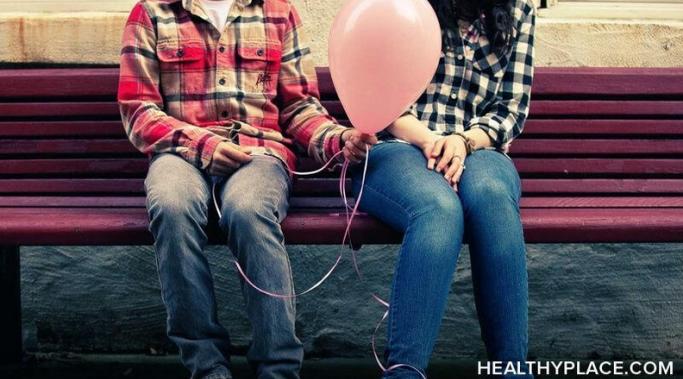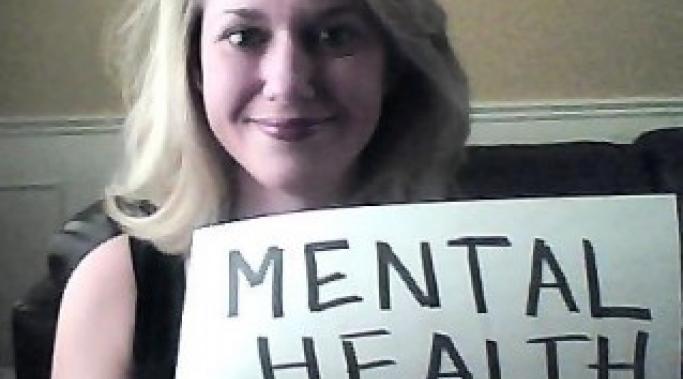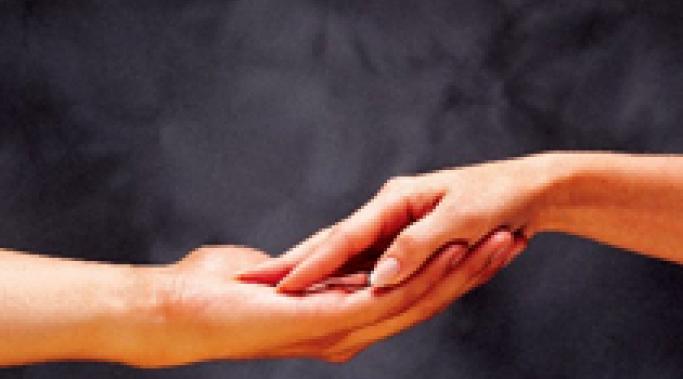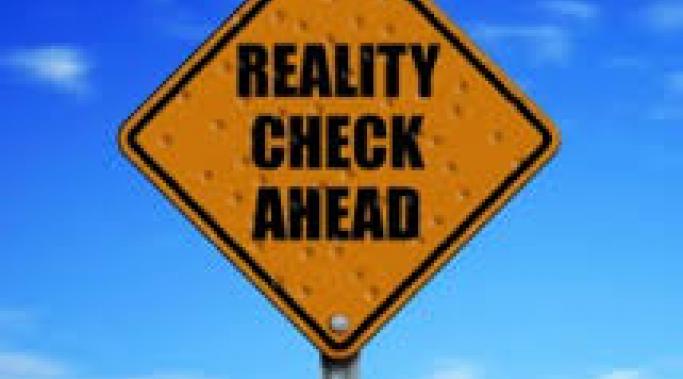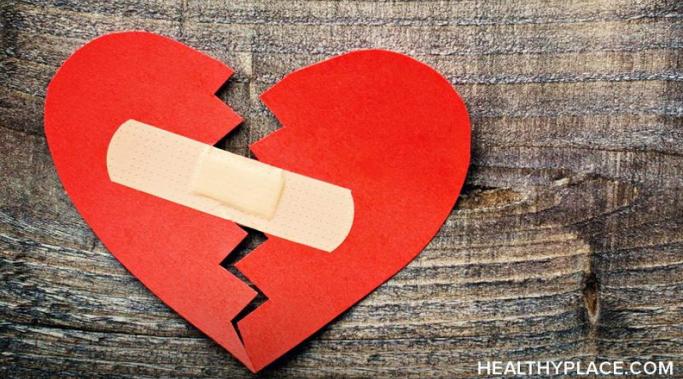Eating disorders can make us feel invisible. If we’re anorexic, strangers stare at us on the street, watch cautiously as we order coffee taking note of the calorie content, perhaps feeling confusion or pity in their hearts for us. If we’re bulimic or have binge eating disorder, we may weigh a “normal” weight so we may not be stared at or confronted by family or friends, but inside we’re holding a heavy monster of a secret. No matter what specific form our eating disorder takes, there’s a level in which eating disorders makes us feel invisible.
Family Relationships
The question, "Can love can save you from an eating disorder?" hits at the core of a deeper question. Anyone who loves someone with a behavioral or substance addiction will face wanting to leave the person, or wanting to take his or her love away because he or she has been hurt too many times. As the partner, you may wonder if your love and presence even matters. As the addict (the person with the eating disorder), another’s love may pour a sea of guilt into you, which can drive you back into reaching for your addiction. But love is a powerful force and we can use love for eating disorder recovery.
Patricia also made a great video about a year and a half ago about how to prepare for triggers in social situations. And while the food is panic-provoking, that is only half the battle. You also have to deal with people. I see family every year (which I look forward to) but because I only see these folks once or twice a year, I drive myself crazy wondering if I'm fatter or thinner than they saw me last. And, being well-meaning, loving people, my family want to tell me all sorts of supportive things about how great I look now that I'm in recovery. But, please, don't say these things about my eating disorder.
If you’ve read my blog for a while, you’ll remember that my eating disorder recovery started a little over 6 years ago when I found myself in the hospital, facing the physical consequences of binging and purging since I suffered from bulimia for most of my life as a young adult.
What I haven't focused on in previous posts, was that at the time I decided to get better, I didn’t have the resources to see a therapist, nor was our public health system available to help as I would have liked. So, not unlike many others facing an illness with a lack of adequate resources or treatment options, I did what I could on my own at first to pick myself up from rock bottom.
It is not my intention to make this blog post any form of commentary on religion itself, but as a part of an inter-faith family with Easter and Passover coming soon, I recently got to thinking of how religion’s restrictions on what we eat can impact someone in eating disorder recovery.
Not a day goes by without me feeling grateful about being able to share with you on this blog my lived experience with an eating disorder. The concept of giving back to others who stand where I once stood makes me very happy and truly helps me maintain my recovery.
One of the major adjustments I've had to deal with in the last 6 years since I've started recovery from bulimia, has been to accept and love how my body looks and feels without abusing it the way I did for years. Because I suffered from bulimia and not anorexia, it was easier to hide at the time that I was suffering from an eating disorder, because I still looked 'normal' and maintained almost the same weight for a few years.
When you have an eating disorder, you lose a lot. Some of these things - weight, bone density, sanity, self-respect - can be regained during eating disorder recovery. Others - like relationships lost to your eating disorder - may never return.
Being thankful in eating disorder recovery is not always easy and, sometimes, it's nearly impossible to find a reason to be thankful. Thankful that I'm still alive? Sure, but there have been days that breathing has seemed more of a curse than a blessing. Thankful for family? Oh, you mean those jerks who shipped me to an eating disorder treatment center halfway across the country and wouldn't let me come home? So thankful for them. (Sorry, Mom and Dad! But this was definitely a thought of mine.) But usually, if you look closely enough, you will find a lot of reasons to be thankful in eating disorder recovery.
Very often, I'll come across guidelines explaining or offering guidance on what to say or not to say to someone suffering from an eating disorder. Though these guidelines are useful and important in order to give those who are not familiar with eating disorders a frame of reference, they can still lead to awkward or hurtful interactions, simply because these kind of conversations surrounding eating disorders and mental illness are never easy to have.

